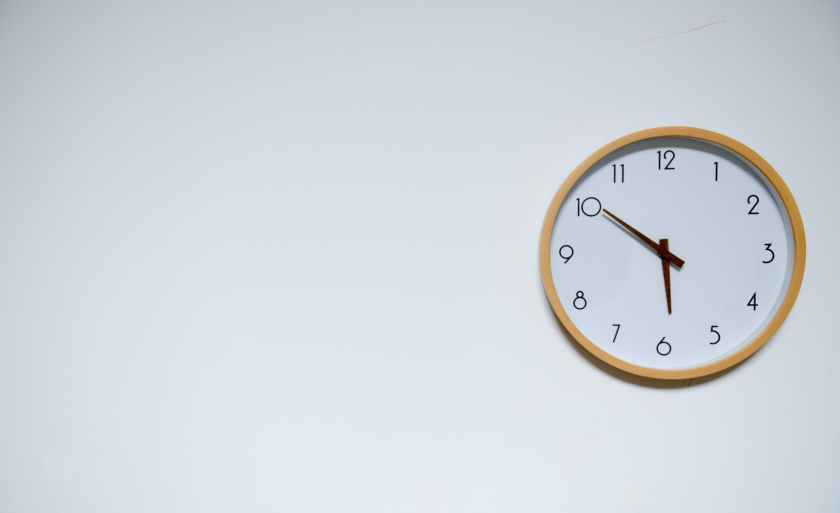
This course seemed to have gone by faster than 5302 for some reason. I think it’s because 5302 was the first class and integrating back into the classroom took a lot of time. This course was completely different from that first course and put all of the responsibility on ourselves because there wasn’t an assignment due every week. Instead, we needed to have different ideas of learning represented in blog posts, plan and share our eportfolio’s, and give feedback while receiving it as well. While different, the learning experience still had the same outline of giving ourselves ownership of our product in an authentic experience.
I enjoyed each week because it required us to actually think and share ideas of who truly owns the eportfolio. We also had some deep discussions as to why we should use eportfolio’s and their importance not only in the Digital Learning and Leading program, but after as well. I’ve found though the discussions that the eportfolio is truly our own because we are the ones who is putting our voice into each blog post, each learning experience, and each reflection that we share on here, to me there is no holding back. If we are trying to get better, than it is important to share the experience and reflect on the feedback. Also, the idea that having an eportfolio is important to have because it shows others what we truly learned and can be used during future interviews for other jobs, or even something we can display to all or use for personal reflection.
Our next lesson focused on sharing and evaluating each others eportfolio’s while having others evaluate our own, this came as a scare, but it helps to build that confidence and show that there is no “super student.” We are all in this learning experience together and being able to put aside our fears to make each other better is valuable. It was great seeing the work and creativity in other’s eportfolio’s while giving them feedback they can use to make their product that much better. It also allowed us to communicate outside of the normal classroom setting.
This week brought on a lot of challenges that I didn’t think I would be able to complete. I had fallen behind on paperwork, I felt as if my students were disliking my class and behaving differently, I was to complete in my first dri-triathlon Saturday and was nervous, and grades were due. All of this would have frustrated me before this program, but focusing, and practicing my growth mindset allowed me to think in a different way to accomplish these obstacles. To help in the classroom I used a few PLN’s to help me generate new ideas for student learning. For the paperwork, I had to better manage my time to make sure I completed them.
I feel that I’m growing with every new experience and being able to share those ideas is even more crucial because other’s who are in my same shoes can see that they are not alone. It feels amazing to be able to share these ideas and reflections with others and to know that we in the DLL program are that much closer to accomplishing a goal we didn’t think possible.

